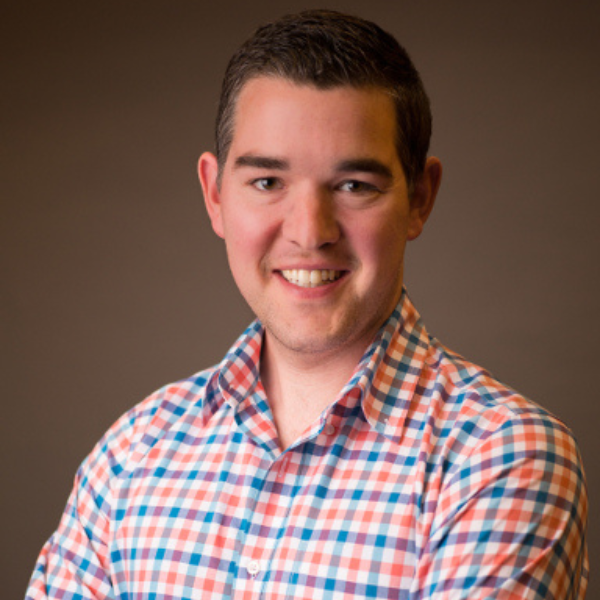Take 5 with David Wren
David Wren
Associate Teaching Professor and Director of the Chemistry Center at Wake Forest University

1. How do you define success for yourself? What has helped you to be successful?
I think for me success is a feeling more than a specific achievement. If I am able to put myself in positions where I feel both challenged and supported, I believe that is success. Not sticking to my original plan due to circumstance or not enjoying what I was doing has helped me be successful. Sometimes knowing what you don’t want to do can be more helpful than know what you do want to do.
2. Think of a time that you faced a challenge, obstacle, or roadblock. How did you get through that and what did you learn?
I had a pretty challenging experience in graduate school that made me switch my trajectory. Initially I felt because my original plan was no longer possible, I was unable to reach my goal of being a professor. However, about 6 months later I had the opportunity to work with a new researcher in a field I did not know existed and ended up doing my best research and eventually earning my doctorate. My ‘failure’ ended up being one of the best things that could have happened to me. I have found this is often the case. Failures are an amazing opportunity to reevaluate and reconsider plans. Most of my impactful decisions came through failure.
3. Who are your people (either by name or role) who help you to be successful/confident/intentional/reflective/any other descriptor you want to use? And how have they helped you?
I find the people I asked to write letters of recommendation along my educational path have all influenced me in one way or another. My doctoral advisor probably had the biggest impact. I was able to watch him navigate a new career in academia while I was his first graduate student which provided many lessons I was able to use when I joined the faculty at Wake. He has always been honest and kept me focused on what is important. I value his friendship and mentorship greatly. Outside of academia my wife has kept me grounded and is really good at providing perspective on things that can feel much bigger than they really are.
4. How did you find your people?
It’s much easier to find friends in college. Much harder when you have a family and a job. There are not as many random meet-ups that happen when you are older. I have found my people by doing the things that I am passionate about. I ride my bike 4-5 times a week and I find that the people who are also willing to ride at 5:30 AM are my people. Or the other adult leaders for my son’s Cub Scout Pack who value the experience as much as I do and are willing to dedicate their time.
5. What advice would you give to Wake Forest students as they look for their people?
Don’t look for your people. Look for things you want to do and do them unapologetically. You will find your people after you find yourself.
Is there anything else you would like to share?
Don’t be afraid to fail. Failure is just feedback. Lean into failure and ask important questions. Then make a change. This will lead to success.
